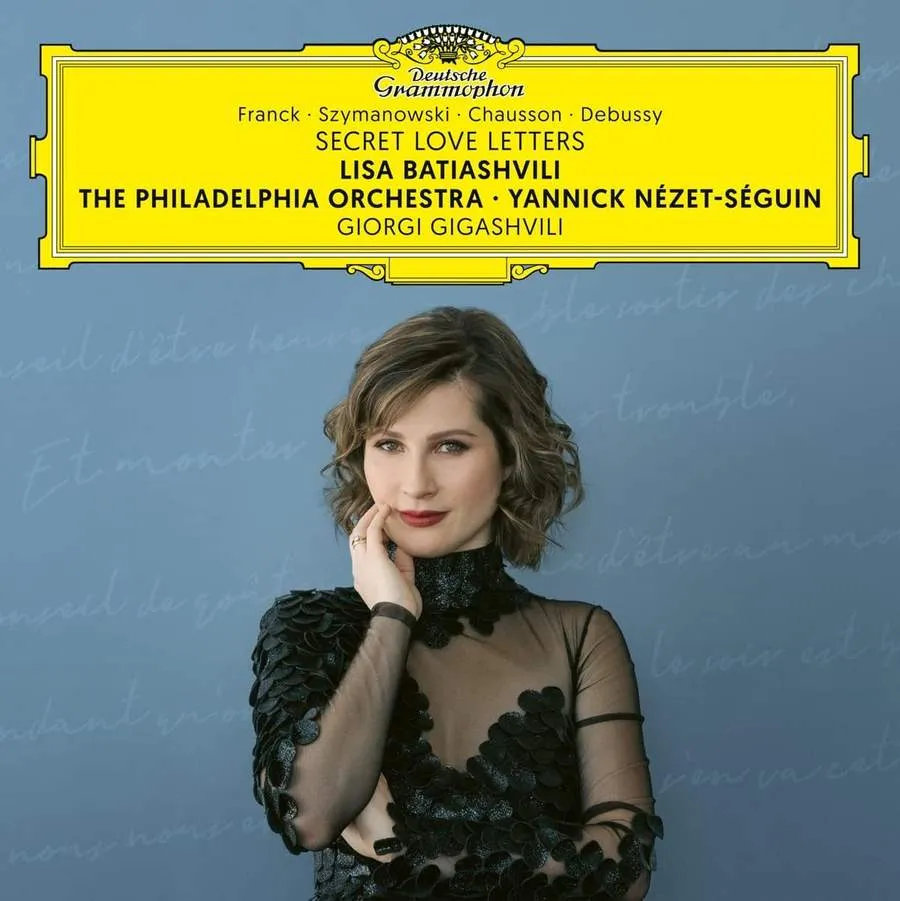
Secret Love Letters Chausson: Poème; Debussy: Beau Soir*; Franck: Violin Sonata; Szymanowski: Violin Concerto No. 1 Lisa Batiashvili (violin), Giorgi Gigashvili (piano); Phildelphia Orchestra/Yannick Nézet-Séguin (*piano) DG 486 0462 70:49 mins
The first thing to say is that the title is irrelevant to three of the four items on this disc. While the Turgenev short story behind the Chausson Poème does deal with secret love, and indeed the crucial item in it is a violin (in fact a ‘Hindu violin’, whatever that is), Franck’s gift of his Violin Sonata as a wedding present to Ysaÿe was no secret, and Debussy’s song Beau soir is as much about death as love. As for Lisa Batiashvili’s claim that Szymanowski’s First Violin Concerto was influenced by an aborted homosexual affair, a recent Polish biographer of the composer assures me this is ‘pure fantasy’.
Happily, the music itself is on the whole better treated. The Poème is the most successful, benefitting from the violinist’s sweet tone and understanding of the work’s structure. The Szymanowski Concerto is less so, largely because of a balance problem. Szymanowski’s writing for orchestra is extremely complex and too often the soloist is drowned out, notably by the horns and by that current bugbear, the over-zealous timpanist. As a result, the statement of an English biographer that the violin ‘has dominated the argument completely’ until the final cadenza is not respected.
Understandably, balance is much better in the simpler textures of the Ysaÿe sonata. The playing here is lively and vigorous, my only disappointment being that Franck’s frequent local variations of tempo and dynamics are not all observed. He wrote the work in his sixties and knew what he was about.
Roger Nichols